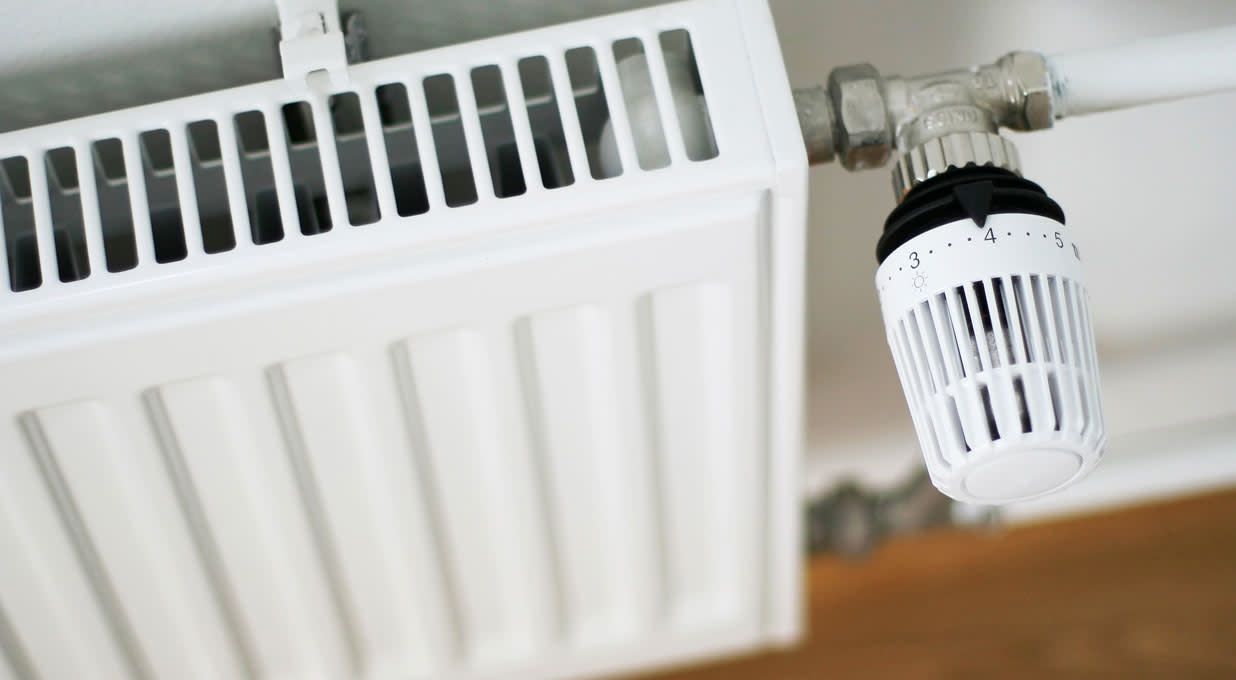SSE issued a short trading update ahead of its half-year results in November, where it expects to report underlying earnings per share (EPS) of at least 45p, compared to 37p at the same point last year. Profitability is set to be weighted to the second half, reflecting the seasonal nature of the business.
Renewables output was up 44% compared to last year at 5.3TWh, in line with management expectations. The uplift was helped by increased capacity and an easy comparative period as last year’s performance was held back by unfavourable weather conditions.
The stable energy market has limited the earning potential of its flexible thermal and gas storage assets in the first half. Despite this, they’re still expected to deliver at least £200mn of underlying operating profits across the full year.
The shares rose 1.7% following the announcement.
Our view
A short trading update ahead of half-year results shows that SSE’s powering along nicely. Renewable energy output is back on track after a tough period of unfavourable weather last year.
Efforts to transition to a renewable energy powerhouse have continued at pace, with a large chunk of the group’s £2.5bn worth of investments last year being directed towards greener assets. Investment is expected to jump to over £3bn this year as the speed of project completion ramps up.
Turbo-charging focus to renewables is a bold and admirable move. But the shift comes with a hefty dose of risk - they're not always reliable. To some degree, it's at the mercy of mother nature.
That’s why more flexible gas-fired plants are still part of the energy mix. They complement the renewables segment well and are on hand to plug any shortfalls in energy output when adverse weather comes along.
On the regulated networks side of things, SSE delivers electricity across Scotland and Southern England. This is classic utility territory - with revenues predictable and profits closely regulated. A portion of these regulated revenues are positively related to investment levels, and are also protected against inflation. However, the additional return isn't received until sometime after the service has been delivered and investment has been made, which can cause a drag on cash flows in the meantime.
So, in a bid to free up cash for growth and further investment, the group rebased its dividend to 60p, down from 96.7p in the prior year. This is a stark reminder that dividends are variable and not guaranteed.
The group’s investment plans look achievable in our eyes but they're set to stretch the balance sheet, with the ratio of net debt to cash profits (EBITDA) likely to rise from 3.0x to between 3.5-4x in the medium term. While a moderate amount of debt isn't a bad thing, especially for a business with such reliable revenues, it does add pressure to keep delivering.
In recent years many areas of SSE's business have benefitted from high prices and increased price volatility. But with market conditions seemingly less turbulent this year, profits in the flexible thermal and gas storage division look set to drop substantially. Other areas of the business will have to step up to pay the investment bill. Any missteps on this front could dent investor sentiment.
The valuation’s increased in recent months, it’s still below the long-run average. And at just 11.1 times this year’s expected earnings, it doesn’t look too demanding in our eyes. We’re optimistic about the group’s long-term prospects, but in the near-to-medium term, volatility should be expected as SSE makes these transitions.
Environmental, social and governance (ESG) risk
The utilities industry is high-risk in terms of ESG. Management of these risks tends to be strong, with European firms outperforming their overseas counterparts. Environmental risks like carbon emissions, resource use and non-carbon emissions and spills tend to be the most significant risks for this industry. Employee health and safety and community relations are also key risks to monitor.
According to Sustainalytics, SSE’s management of ESG risk is strong.
It has a board-level committee overseeing ESG issues such as health, safety, and environmental programmes. SSE ceased operating its last coal plant in 2020, and it has a large pipeline of wind projects. However, there is new and existing gas- and oil-based capacity. The regulator has also fined it several times for breaches related to charges imposed on customers.
SSE key facts
All ratios are sourced from Refinitiv, based on previous day’s closing values. Please remember yields are variable and not a reliable indicator of future income. Keep in mind key figures shouldn’t be looked at on their own – it’s important to understand the big picture.
This article is not advice or a recommendation to buy, sell or hold any investment.No view is given on the present or future value or price of any investment, and investors should form their own view on any proposed investment.This article has not been prepared in accordance with legal requirements designed to promote the independence of investment research and is considered a marketing communication.Non - independent research is not subject to FCA rules prohibiting dealing ahead of research, however HL has put controls in place(including dealing restrictions, physical and information barriers) to manage potential conflicts of interest presented by such dealing.Please see our full non - independent research disclosure for more information.


